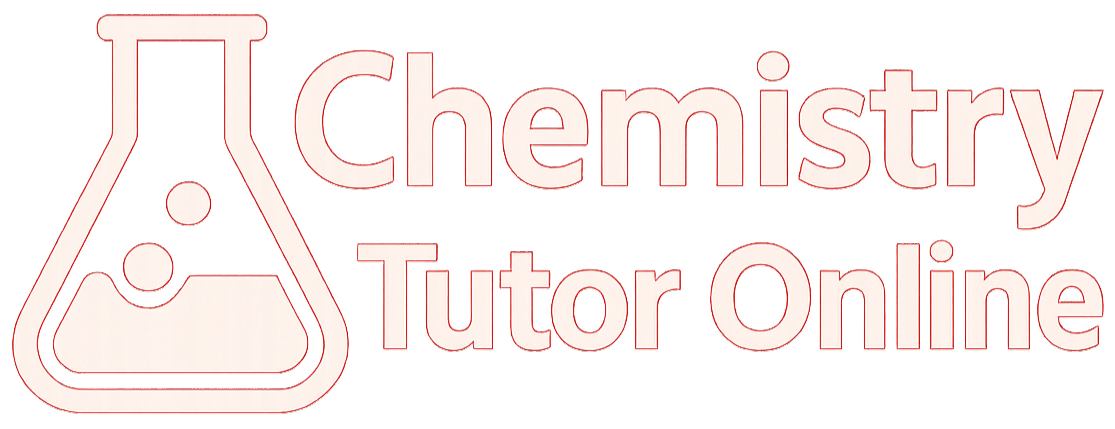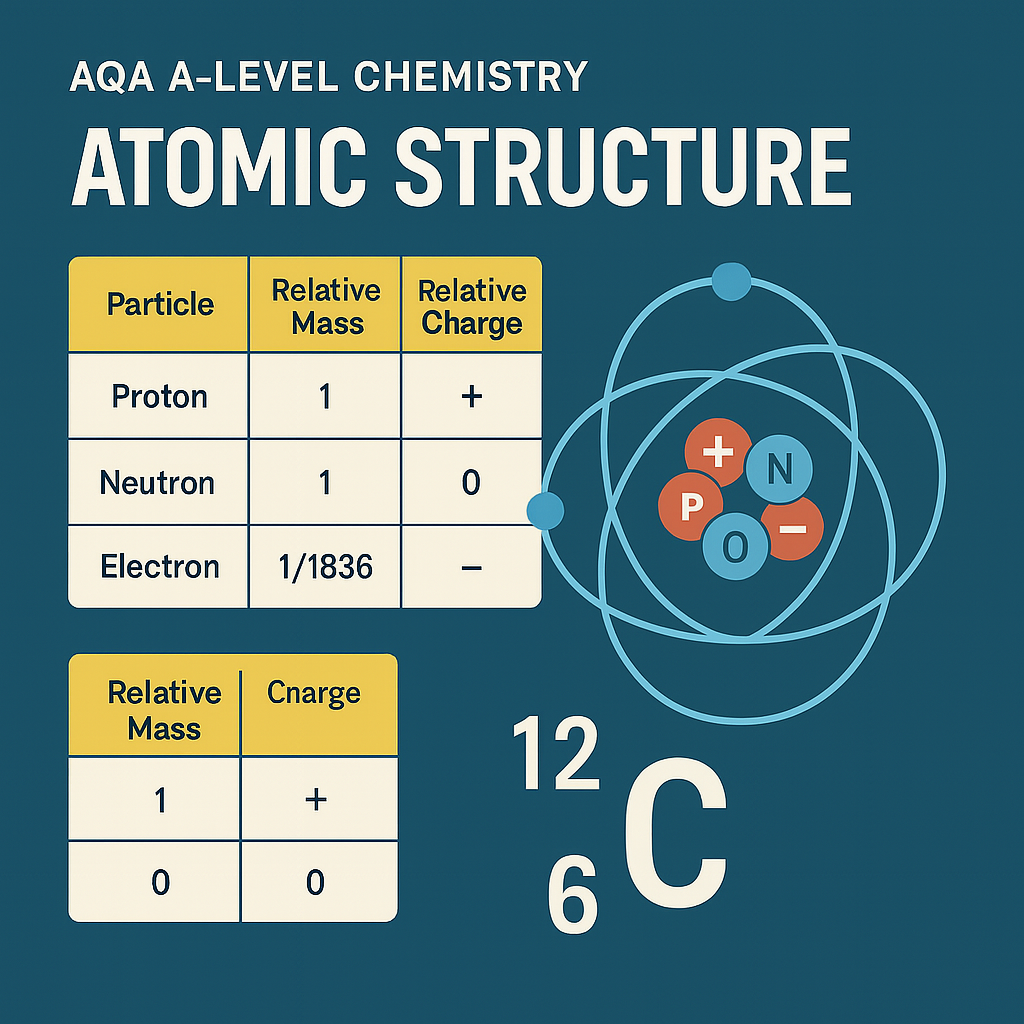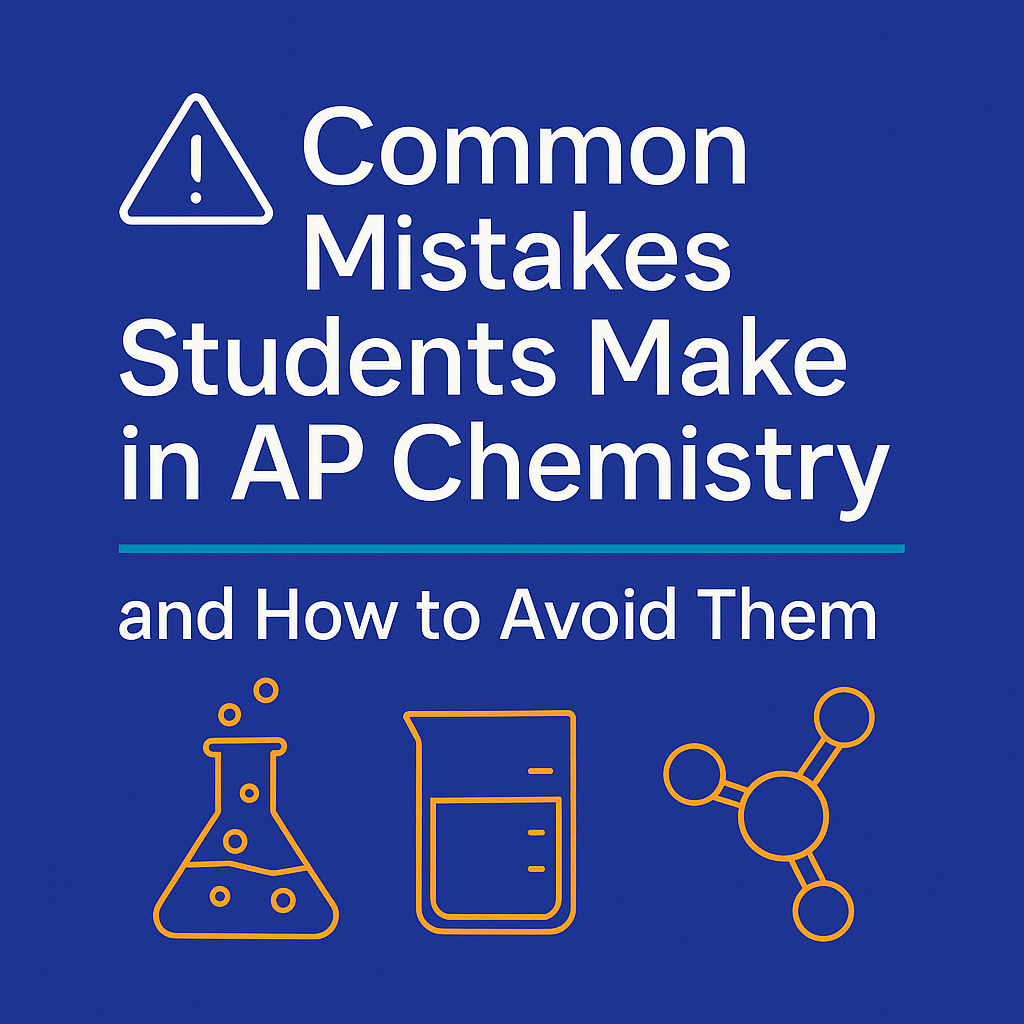SL vs HL IB Chemistry in the 2025 Syllabus: Which Should You Choose and Why It Matters
Both SL and HL students study the same core content, but HL students go deeper and broader.
Choosing between Standard Level (SL) and Higher Level (HL) Chemistry in the International Baccalaureate (IB) programme is one of the most strategic decisions you’ll make. And with the 2025 IB Chemistry syllabus changes, the differences between SL and HL are clearer—but also more important—than ever.
This guide explains everything you need to know: the new content structure, what’s involved at each level, who should choose which, how to prepare, and how your decision impacts university admissions and career paths.
IB Chemistry 2025: A Quick Overview of the New Syllabus
Before we dive into HL vs SL, it’s important to understand how the IB Chemistry course has changed in 2025.
The new syllabus is built around two unifying themes:
Structure – how matter is organised at the atomic and molecular levels
Reactivity – how and why substances interact and transform
Gone are the long lists of discrete topics and optional sections like Medicinal Chemistry. Instead, the course now focuses on:
Interconnected learning
Conceptual understanding
Data and practical skills embedded in exam questions
There are also big changes in assessment:
Paper 3 has been removed
Paper 1 now includes both multiple choice and data/experiment analysis (1A and 1B)
Calculators are now allowed in all papers
Internal Assessments (IA) can be planned collaboratively
This redesign makes it more important than ever to understand the SL–HL divide.
SL vs HL: What’s the Difference Under the New Syllabus?
Both SL and HL students study the same core content, but HL students go deeper and broader, with more complex theory, more subtopics, and longer, tougher exams.
Here’s how they compare:
| Feature | SL Chemistry | HL Chemistry |
|---|---|---|
| Teaching time | 150 hours | 240 hours |
| Depth of content | Core concepts only | Core + advanced extensions |
| Assessment time | Shorter exams | Longer, more demanding exams |
| Paper 1 (1A + 1B) | 1 hr 30 min | 2 hours |
| Paper 2 | 1 hr 30 min | 2 hrs 30 min |
| Internal Assessment | One investigation (20%) | Same IA (20%), but expectations higher |
| Skills required | Conceptual + basic calculations | Advanced application, analysis & theory |
| Difficulty level | Moderate to challenging | Challenging to university level |
What Extra Topics Do HL Students Study?
While the new syllabus is streamlined, HL students are expected to go much further in several areas. Examples include:
Thermodynamics: More advanced entropy and enthalpy calculations
Chemical kinetics: More detailed mechanisms and Arrhenius equation analysis
Equilibrium and acid-base: Complex pH, Ka, Kb, buffer and titration curves
Redox: Electrochemical cells, standard electrode potentials, Nernst equation
Organic chemistry: Mechanisms, synthesis routes, and spectroscopy
The HL material prepares students for first-year university chemistry in science, medicine, or engineering degrees.
Who Should Choose HL Chemistry?
Choosing HL Chemistry is a serious commitment, but for the right student, it opens doors and strengthens university applications.
You should consider HL if:
You’re strong in science and maths
HL requires algebra, logarithms, data analysis and confident calculator use.You enjoy chemistry and are curious
If you like understanding the ‘why’ behind reactions, HL is for you.You plan to study science at university
HL Chemistry is often required for:
Medicine
Dentistry
Veterinary Science
Biochemistry
Chemical Engineering
Natural Sciences
You’re aiming for competitive courses or scholarships
Top-tier universities view HL Chemistry as a rigorous academic subject that shows you're prepared for university-level thinking.
You want to build skills beyond memorisation
HL focuses on explanation, problem-solving, application, and synthesis—not just facts.
Who Should Choose SL Chemistry?
SL Chemistry is still a demanding, academic subject—but with less pressure and volume than HL.
You should consider SL if:
You’re not pursuing a science-related degree
SL is sufficient for courses like:
Law
Business
Humanities
Art & Design
Social Sciences
You’re taking other difficult HL subjects
The IB is about balance. If you're already taking HL Maths or HL Biology, SL Chemistry may make your schedule manageable.
You want more time for your Extended Essay, CAS or other commitments
Less teaching time means more bandwidth elsewhere.
You enjoy chemistry but don’t want to specialise
SL still develops scientific reasoning, experimental skills, and logic—but without the intensity of HL.
When Should You Decide: SL or HL?
Most schools ask students to select HL or SL subjects during Year 11 or at the start of the IB Diploma Programme in Year 12.
However, many allow flexibility in the first term, especially in Chemistry.
Suggested Timeline:
August–September (first term): Explore the subject. Most content overlaps at this stage.
October: Try a sample HL question or past paper.
November: Decide, based on performance and interest.
After December: Switching gets harder, as HL content diverges from SL.
Always check your school’s policy—some may fix HL/SL choices earlier or later depending on resources and cohort size.
How to Prepare for HL Chemistry
If you’re leaning toward HL, start developing these habits early:
1. Master the Basics First
Don’t rush ahead to HL topics before you’re fluent in:
Atomic structure
Bonding
Stoichiometry
Periodicity
Redox
HL builds on these—without a solid foundation, you’ll struggle with the deeper extensions.
2. Use the IB Chemistry Data Booklet Regularly
It’s essential in exams and full of constants, formulae, and tables. HL students must be able to:
Interpret spectroscopy data
Use standard electrode potentials
Apply gas law equations
Convert units and use log/antilog functions
3. Practise Using Your Calculator for Chemistry
HL students need fluency in:
Logarithmic and exponential functions
Significant figures
Scientific notation
Memory and bracket functions
4. Work With a Tutor or Support Group
HL Chemistry can be overwhelming if tackled alone. Small group revision, tutoring, or school help sessions make a huge difference.
5. Stay Curious
Look beyond the syllabus. Read about:
Real-world chemistry (pharmaceuticals, sustainability, materials)
IB alumni success stories
Case studies involving spectroscopy, titration, or thermodynamics
How Does SL or HL Chemistry Impact University Applications?
The level you choose can directly influence your university options—especially for science-based degrees.
1. Medicine (UK & International)
UK Medical Schools: Most require Chemistry at HL, often with Biology or Maths HL
Ireland, Netherlands, Australia: Similar HL requirements
US Colleges: Prefer HL Chemistry for pre-med pathways, especially at competitive schools
2. Engineering or Natural Sciences
HL Chemistry is expected for Chemical Engineering, Biochemistry, Environmental Science, and Natural Sciences
Paired with HL Maths and/or HL Physics for technical degrees
3. Non-Science Degrees
SL Chemistry is usually sufficient—or not required at all—for degrees in:
Law
Psychology (except neuroscience)
Business
Politics or humanities subjects
But some psychology courses with a science emphasis may prefer HL, so check carefully.
4. University Recognition
HL Chemistry is viewed as:
A "hard science" HL subject
Evidence of academic strength and resilience
A strong foundation for lab-based university courses
Even if not required, it may enhance your profile, especially in competitive international applications.
What Happens If You Pick the Wrong Level?
Don’t panic—many students make changes early on.
If you:
Start in HL and find it too demanding: you can usually move to SL within the first term
Start in SL and realise you need HL for a degree: you’ll need to catch up quickly or negotiate a switch with your school
The key is to monitor your progress and seek advice early.
How to Test If HL Is Right for You
Try answering these questions honestly:
Did you enjoy the more complex IGCSE/GCSE Chemistry questions?
Are you confident with algebra and rearranging equations?
Do you want to understand Chemistry beyond the basics?
Are you considering a science-based degree?
Are you willing to put in extra time outside class to master calculations and concepts?
If you answered “yes” to 4 or more, HL is likely a good fit.
Final Thoughts: Make a Smart, Balanced Choice
Don’t choose HL Chemistry just because it’s “impressive” or because others are doing it. Choose it because:
You enjoy the subject
You’re willing to put in the time
It aligns with your university and career goals
And don’t underestimate SL Chemistry—it’s still demanding, valuable, and respected.
Whichever level you choose, the new 2025 syllabus gives you the opportunity to build real-world scientific thinking, logical reasoning, and academic resilience.
Need Help Deciding Between SL and HL Chemistry?
Dr. Marguerite Quinn is a PhD-qualified IB Chemistry tutor who helps students make the right choice, plan their learning, and thrive—whether they pursue SL or HL.
With over 3,470 hours of online tutoring experience, she’s supported students at all levels—from those aiming for a solid 5 to those targeting a 7 and a place at Oxbridge or medical school.
👉 Book a 15 mins consultation to get expert guidance tailored to your goals, interests, and strengths.





Understand AQA A-Level Chemistry Section 3.1.1.2 on mass number and isotopes. Learn key definitions, isotope notation, calculations, and how this topic builds your scientific and exam skills.